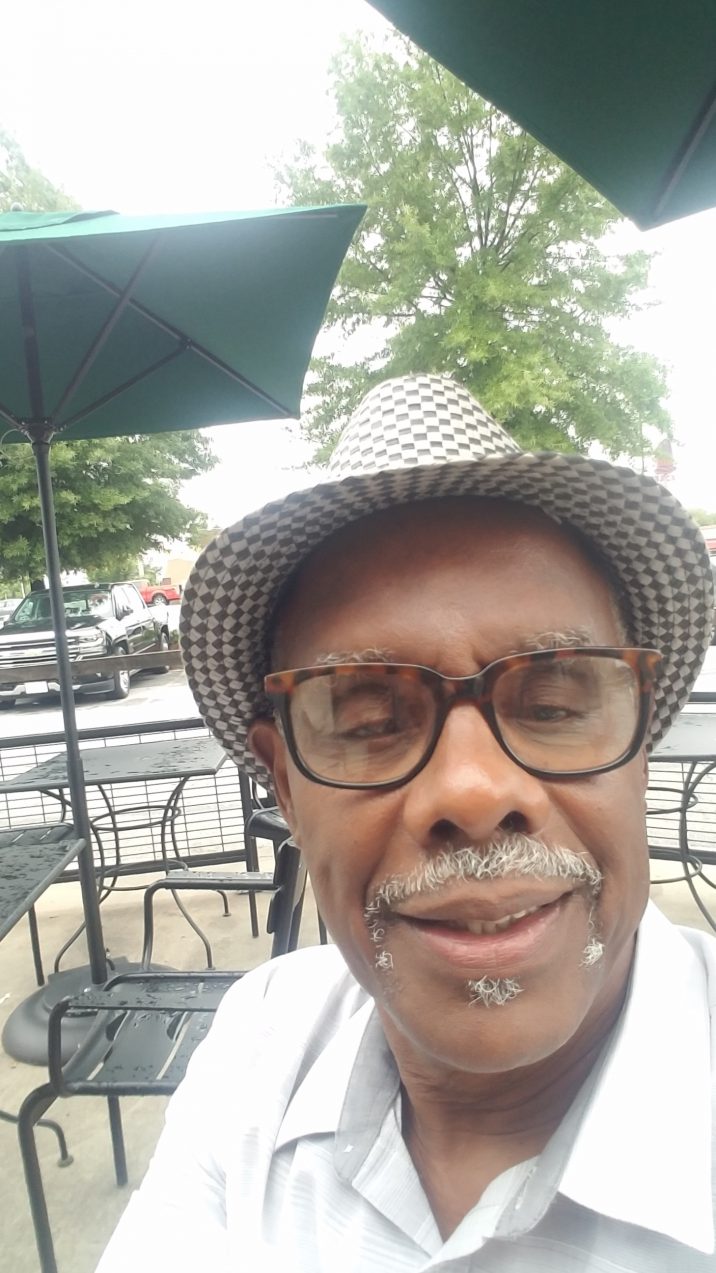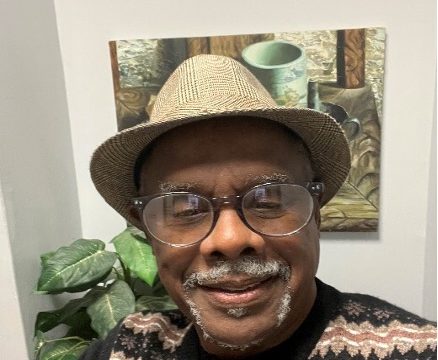

Like millions, I was glued to the TV screen as the “yeses” and “noes” were read aloud in the U.S. Senate chambers, the votes on the confirmation of Supreme Court nominee Ketanji Brown Jackson.
Now although her nomination was a foregone conclusion, for me each “yes” felt like a shot in the arm, a spike in adrenalin. I refused to allow the “no” daggers steal the magnificence of the day.
Suddenly during a commercial, I got a call from Mrs. Faith Edwards, publisher of the Chattanooga News Chronicle. It was clear that she couldn’t contain her elation. And neither could I.
“Hey brother Terry, I had a hunch that you’d be watching this historic moment. Praise God, yes, yes, yes, hallelujah, hallelujah, hallelujah, I’m beside myself.” But of course, our call was short because we both had to get back to the resumption of the vote counting.
Moments later an epiphany as I watched the proceedings. My two-year-old granddaughter Naomi, pigtails and all, came in the room, climbed onto my lap and asked, “what are you watching grandpa?”
Before I could figure out how to explain the significance of the moment to a two-year-old, a quote flashed through my mind as I looked her in those innocent eyes:
“You can’t be what you can’t see,” wrote education pioneer Marian Wright Edelman. Worth repeating, “You can’t be what be what you can’t see,”
With my eyes on my Naomi, I thought about her four-year-old sister Noelle playing toys in the kitchen, and her 11- year-old sister Nadia upstairs absorbed in her tablet.
And for reasons I could not fathom, I thought about Denise McNair, Cynthia Wesley, Carole Robertson and Addie Mae Collins, four beautiful Black girls killed when a bomb went off while they were in Sunday school in 1963 at a Birmingham, Alabama church. For these girls, in this historic moment, I thought about what could have been.

So, thanks to you Supreme Court Justice Ketanji Brown Jackson, my beautiful granddaughters and millions of other young Black girls can now be what they now see.
Still I Rise, Maya Angelou
You may write me down in history
With your bitter, twisted lies,
You may trod me in the very dirt
But still, like dust, I’ll rise.
Does my sassiness upset you?
Why are you beset with gloom?
’Cause I walk like I’ve got oil wells
Pumping in my living room.
Just like moons and like suns,
With the certainty of tides,
Just like hopes springing high,
Still I’ll rise.
Did you want to see me broken?
Bowed head and lowered eyes?
Shoulders falling down like teardrops,
Weakened by my soulful cries?
Does my haughtiness offend you?
Don’t you take it awful hard
’Cause I laugh like I’ve got gold mines
Diggin’ in my own backyard.
You may shoot me with your words,
You may cut me with your eyes,
You may kill me with your hatefulness,
But still, like air, I’ll rise.
Does my sexiness upset you?
Does it come as a surprise
That I dance like I’ve got diamonds
At the meeting of my thighs?
Out of the huts of history’s shame
I rise
Up from a past that’s rooted in pain
I rise
I’m a black ocean, leaping and wide,
Welling and swelling I bear in the tide.
Leaving behind nights of terror and fear
I rise
Into a daybreak that’s wondrously clear
I rise
Bringing the gifts that my ancestors gave,
I am the dream and the hope of the slave.
I rise
I rise
I rise.
Terry Howard is an award-winning writer and storyteller. He is also a contributing writer with the Chattanooga News Chronicle, The American Diversity Report, The Douglas County Sentinel, Blackmarket.com, Hometown Advantage, co-founder of the “26 Tiny Paint Brushes” writers’ guild, and recipient of the 2019 Dr. Martin Luther King Leadership Award.


